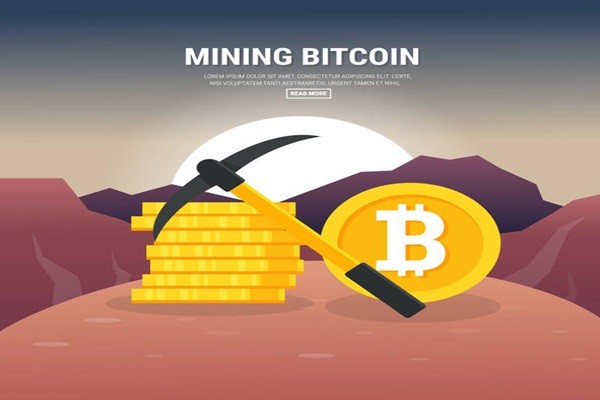Number of ‘mining exchanges’ is on a rise in South Korea. Up-and-coming exchanges are challenging large-scale exchanges that are already established with their new profit models that combine mining and transaction.
According to industries, Chain Partners is planning to introduce ‘David’ as a mining exchange on the 17th of September.
Chain Partners is the biggest blockchain accelerator in South Korea and it introduced world’s first Ethereum-based payment service called ‘Coinduck’.
Although it was initially thinking about partnering up with large-scale foreign exchanges just like Upbit, it recently changed its direction as mining exchange has become a trend recently.
“David’s business model has changed to a mining exchange.” said a representative for Chain Partners. “We are planning to start our ‘David’ service sometime during the middle of September.”
Users of mining exchanges are able to mine tokens of corresponding exchanges automatically whenever they trade their cryptocurrencies. Tokens that are issued during transactions are divided amongst an exchange and its users. Users can exchange such tokens to pay off fees for their transactions as if they are type of a refund service.

Mining exchanges see an increase in value of their tokens as their profit model instead of profit from merchant fees. Values of tokens go up whenever there is an increase in number of transactions involving cryptocurrencies as they also lead to an increase in amount of transaction of tokens from mining exchanges. They pay certain amount of their profits to users to entice them to deal more cryptocurrencies. In other countries, exchanges such as Coinbene, Bit-Z, BKEX, and FCoin have already adopted mining transaction method.
Number of mining exchanges is slowly on a rise in South Korea as well. ABCC, which has its headquarters in Singapore, started its South Korean service this month. Coinzest and Borabit (Banco) also opened their mining exchanges. Coinzest and Borabit are gathering people through ‘COZ’ and ‘Bancoin’ respectively.
However, there can be collateral issue with value of tokens from mining exchanges. If exchange volume goes down, value of a token will go down as well. It will then lead to lower amount of dividend to entice users and cause a mining exchange to fall deeper in a bad cycle.
To overcome such problem, exchanges that strengthen power of token holders are starting to making their appearances. A Chinese cryptocurrency exchange is introducing a super-node system composed of institutional investors. This system gives right to people to decide on which coins to list as an inducement to continue transactions even when amount of tokens to be issued are exhausted.
Staff Reporter Ham, Jihyun | goham@etnews.com